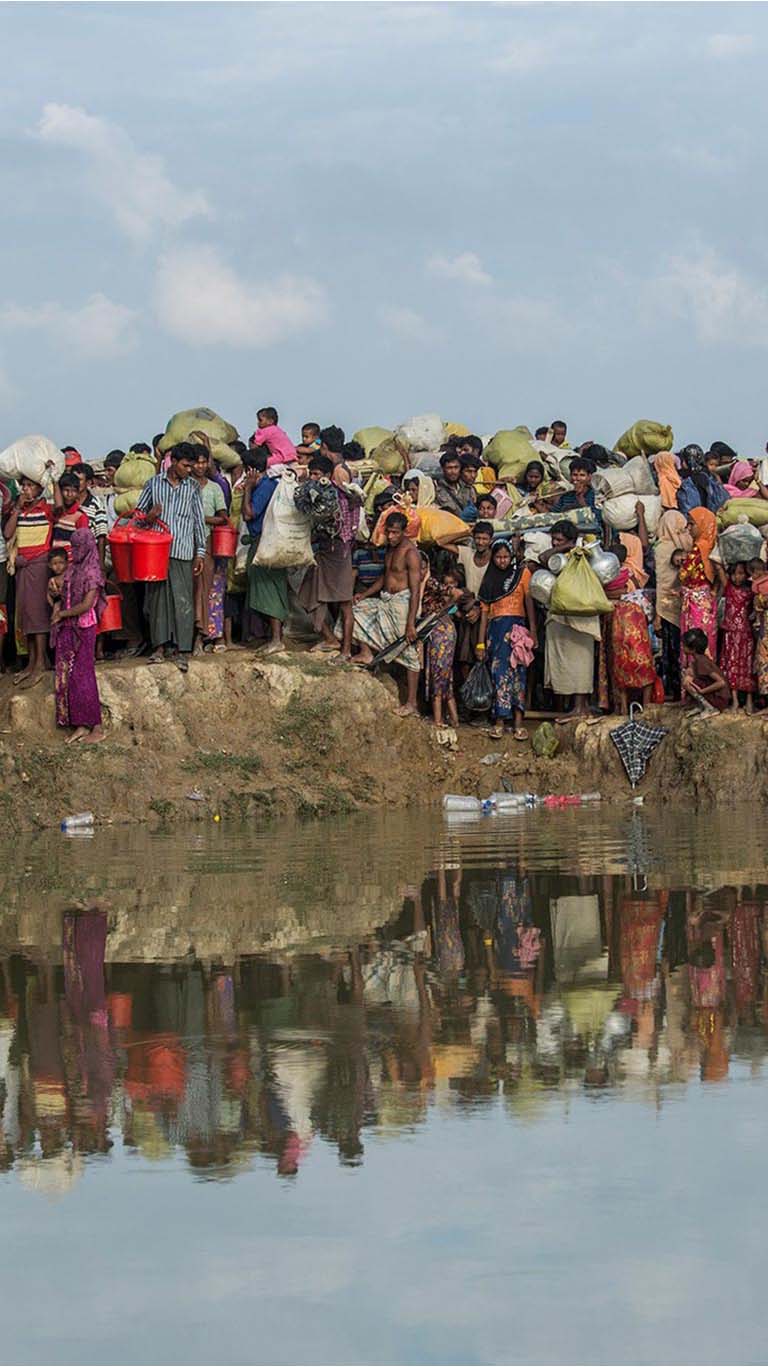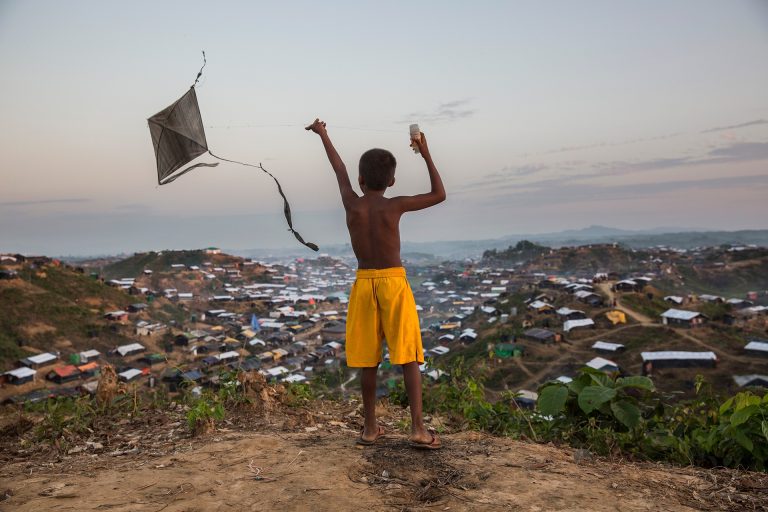Rohingyas have taken refuge in Bangladesh

Bangladesh
© Arnaud Finistre
Médecins du Monde’s emergency response includes a range of humanitarian assistance programmes. Find out more below about our work and missions in Bangladesh.
THE HUMANITARIAN SITUATION IN BANGLADESH
THE ROHINGYA PEOPLE ARE IN DISTRESS
In Myanmar (formerly Burma), in the state of Rakhine, the Rohingya people have been facing decades of systemic discrimination, statelessness and targeted violence. Since August 2017, more than 800,000 Rohingyas have taken refuge in Cox’s Bazar, in the south of Bangladesh, adding to the number of refugee populations already living in the country. Almost 918,000 Rohingyas are now refugees in Bangladesh with 900,000 of them living in Cox’s Bazar camps. This situation has created critical humanitarian needs.

© Arnaud Finistre
IMPROVING PHYSICAL AND PSYCHOSOCIAL WELL-BEING IN COX’S BAZAR
Médecins du Monde has been providing medical assistance in Bangladesh since 2017. We have been strengthening the capacity of local organisations in order to improve access to mental healthcare and psychosocial services and to provide better support for the survivors of gender-based violence. These tools were used for training the staff of many organisations working in Cox’s Bazar.
We built four Community Resource Centres in camps for hosting populations as part of our work in Bangladesh. They are spaces of confidentiality and trust to help people access specialised care and mental healthcare, as well as psychosocial support for survivors of gender-based violence.
Finally, Médecins du Monde and its partners have set up a response to the humanitarian emergency in Bangladesh to fight against the Covid-19 epidemic by organising massive information and awareness-raising campaigns regarding protective measures against Covid-19 in the camps and the surrounding areas for hosting populations.











